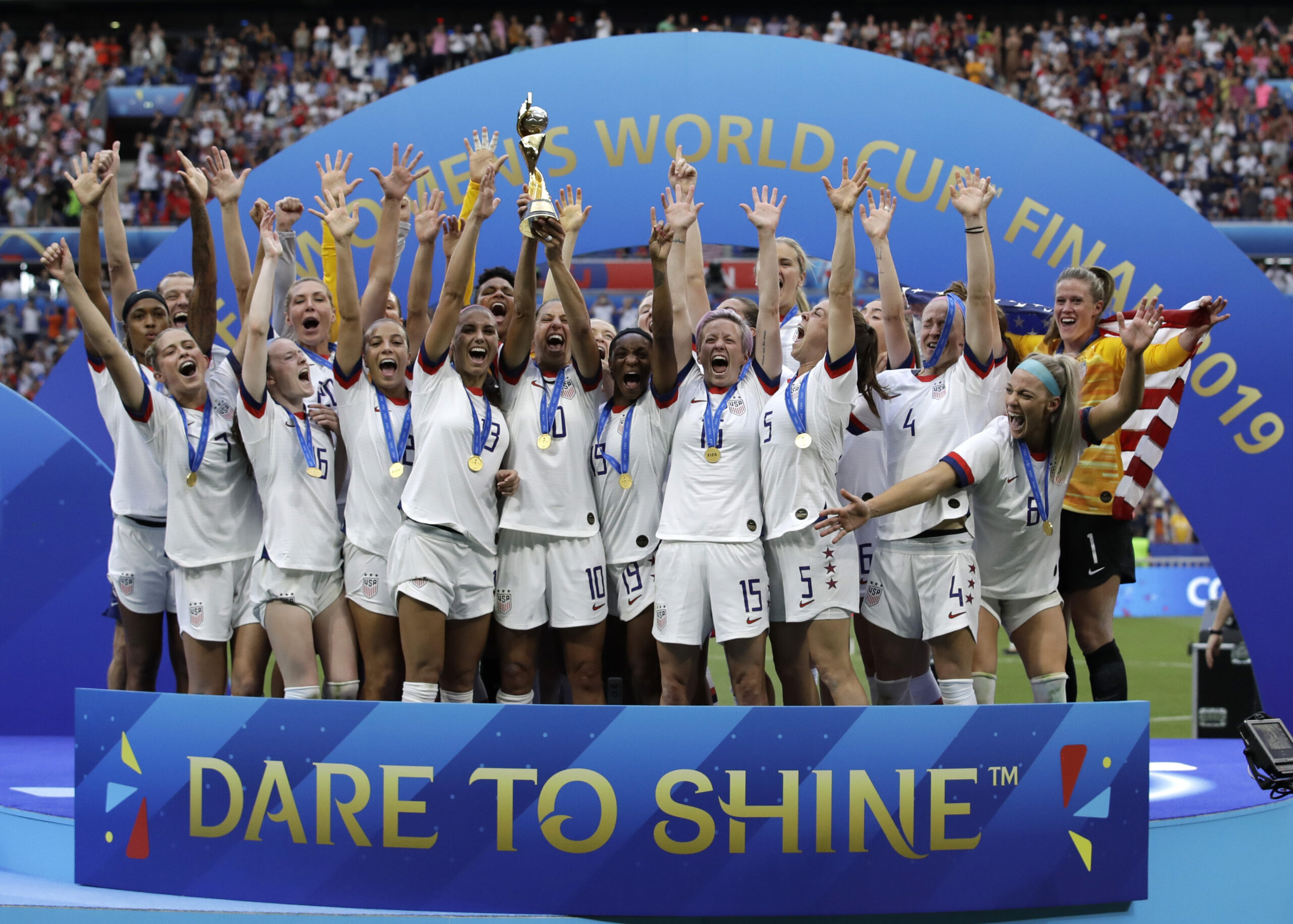
U.S. Soccer and the Mexican Football Federation have surprisingly withdrawn their joint bid to host the 2027 FIFA Women’s World Cup and will instead focus on bidding to host the tournament in 2031, the two national federations announced Monday afternoon.
“Hosting a World Cup tournament is a huge undertaking – and having additional time to prepare allows us to maximize its impact across the globe,” said U.S. Soccer President Cindy Parlow Cone. “I’m proud of our commitment to provide equitable experiences for the players, fans and all our stakeholders. Shifting our bid will enable us to host a record-breaking Women’s World Cup in 2031 that will help to grow and raise the level of the women’s game both here at home as well as across the globe.”
With Monday’s news, FIFA is left with two bidders: Brazil and a joint bid between Belgium, Germany and the Netherlands. FIFA is scheduled to make a decision on May 17 at the FIFA Congress in Thailand.
Sponsored Content
Monday’s joint statement from the U.S. and Mexico also referenced wanting to have more time between potentially hosting World Cups, with the two countries plus Canada scheduled to joint-host the 2026 FIFA Men’s World Cup which would be the largest ever. The U.S./Mexico bid for 2027 referenced hosting matches potentially in each of the cities already scheduled to host matches for the men’s event in 2026.
When the U.S. and Mexico first announced that it was exploring a bid for 2027, the conventional wisdom was that the European joint bid was the early favorite. But as U.S. Soccer and the Mexico Football Federation officially submitted a joint bid to host the 2027 FIFA Women’s World Cup, entitled the “New Heights” bid in December 2023, momentum had started growing that it would maybe become the preferred bidder for FIFA.
Moving to a 2031 bid would, in theory, put the FIFA Women’s World Cup in the United States in the same summer as the Rugby World Cup. The U.S./Mexico joint bid will call for equal investment as the men’s tournament, eliminating investment disparities to fully maximize the commercial potential of the women’s tournament.
“We are fully committed to organizing a memorable and historic Women’s World Cup that the players and fans will benefit from,” said Ivar Sisniega, President of the Federacion Mexicana de Futbol. “After careful analysis we feel that moving our bid back to 2031 will allow us to promote and build up to the most successful Women’s World Cup ever. The strength and universality of our professional women’s leagues, coupled with our experience from organizing the 2026 World Cup, means that we will be able to provide the best infrastructure as well as an enthusiastic fan base that will make all the participating teams feel at home and to put together a World Cup that will contribute to the continued growth of women’s football.”












 Copyright © 2025 by Northstar Travel Media LLC. All Rights Reserved. 301 Route 17 N, Suite 1150, Rutherford, NJ 07070 USA | Telephone: (201) 902-2000
Copyright © 2025 by Northstar Travel Media LLC. All Rights Reserved. 301 Route 17 N, Suite 1150, Rutherford, NJ 07070 USA | Telephone: (201) 902-2000